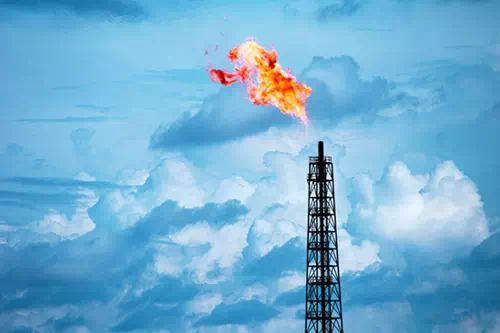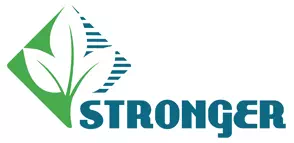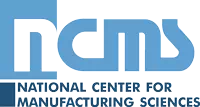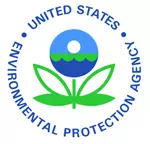

|
Crude Oil & Natural Gas Extraction Portal Crude Oil and natural gas play a key role in our nation's energy future. The U.S. has vast reserves of such resources that are commercially viable as a result of advances in horizontal drilling and hydraulic fracturing technologies. These technologies enable greater access to oil and natural gas in shale formations. Responsible development of America's shale oil and gas resources offers important economic, energy security, and environmental benefits. This Portal provides federal and some state compliance information for the exploration/development, extraction, production and processing of crude oil and natural gas (i.e., “upstream” and “midstream” segments of the crude oil and natural gas operations as opposed to “transmission and storage” of natural gas that is handling pipeline quality natural gas or “distribution” that is delivering natural gas to end-users). Please note that facilities may be covered by both state and federal rules, and the fact that a facility has complied with state regulations does not eliminate the requirement of complying with federal regulations, and vice versa. Where oil and gas production activities occur on Indian country, state environmental rules would not apply and the EPA typically has direct implementation authority and responsibility to implement federal environmental regulations. More Resources The following websites contain a wealth of information about the crude oil and natural gas sector. Natural Gas Star Program (EPA). The Natural Gas STAR Program is a flexible, voluntary partnership that encourages oil and natural gas companies both domestically and abroad to adopt cost-effective technologies and practices that improve operational efficiency and reduce emissions of methane, a potent greenhouse gas and clean energy source. Natural Gas Star industry partners provide descriptive summaries of technologies and practices that have been implemented in the field to conserve more gas (and so reduce air emissions) and are available to share lessons learned including capital cost estimates and payback period. Smart Sectors. EPA’s Smart Sectors is a partnership program that provides a platform to collaborate with regulated sectors and develop sensible approaches that better protect the environment and public health. Oil and Gas is an EPA Smart Sector. Methane Challenge. The Methane Challenge Program partners will transparently report systematic and comprehensive actions to reduce methane emissions and be publicly recognized as leaders in reducing methane emissions in the U.S. Doing so reduces operational risk, increases efficiency, and demonstrates company concern for the environment, with benefits spanning from climate change to air quality improvements to conservation of a non-renewable energy resource. Global Methane Initiative (GMI) is a voluntary, multilateral partnership that aims to reduce global methane emissions and to advance the abatement, recovery and use of methane as a valuable clean energy source. The U.S. government plays a leading role in the Initiative. Six major agencies and departments across the federal government, including EPA, are providing technical expertise and leadership on the Initiative's Steering Committee and subcommittees; facilitating communication and outreach activities by serving as the Initiative's Administrative Support Group (ASG) or secretariat; and working with other Partner Countries, the private sector, and other organizations to develop and support methane recovery and use projects around the world. One Future. ONE Future is a group of natural gas companies working together to voluntarily reduce methane emissions across the natural gas supply chain. NaturalGas.org. An educational website maintained by the Natural Gas Supply Association that covers a variety of topics related to the natural gas industry. The purpose of this website is to provide visitors with a comprehensive information source for topics related to natural gas, and present an unbiased learning tool for students, teachers, industry, media, and government. STRONGER. STRONGER, is an acronym for State Review of Oil and Natural Gas Environmental Regulations. STRONGER is a 501(c)3 nonprofit, multi-stakeholder, educational organization. STRONGER’s mission is to enhance protection of human health and the environment by educating and providing services for the continuous improvement of state oil and gas environmental regulatory programs. STRONGER’s work focuses on two areas: developing Guidelines for state oil and gas environmental regulatory programs, and publishing State Review Reports of volunteer programs against the criteria of those Guidelines. All STRONGER efforts are led by multi-stakeholder workgroups comprised of subject-matter experts.
|
Funded by EPA through a Cooperative Agreement
|
 |
||
About | Technical Topics | Federal Statutes & Regulations - US EPA | Federal Statutes & Regulations - Non-EPA | Emergency Response |
|
EPA Resources | State/Local Resources | Other Resources | Acronyms | Search | Disclaimer | Home



